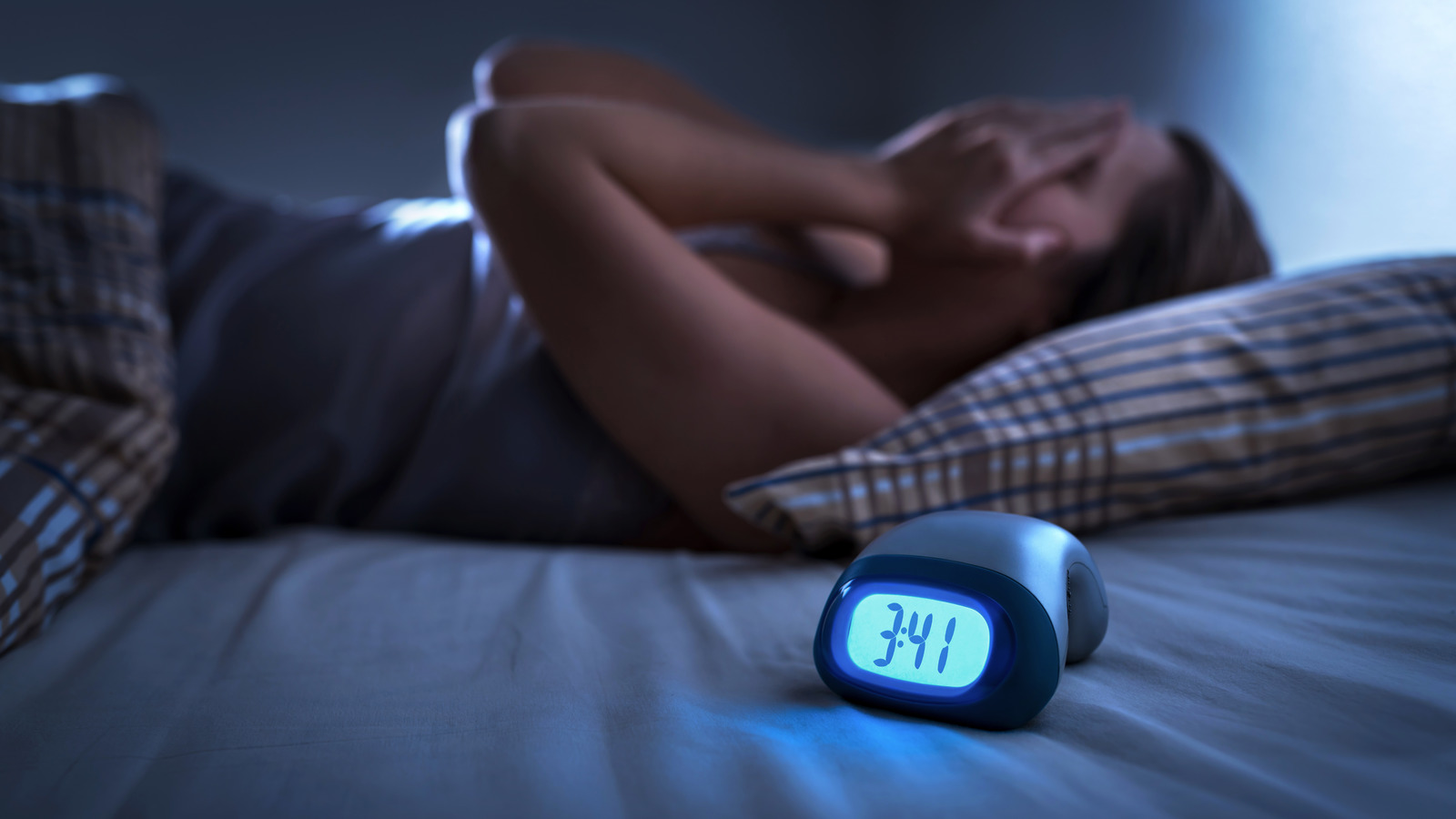

Sleep-related movement disorders, like restless leg syndrome.Parasomnias, such as sleepwalking, rapid eye movement (REM) behavior disorder, and sleep paralysis.Circadian rhythm sleep-wake disorders, including jet lag and delayed sleep-wake phase disorder.Central disorders of hypersomnolence, such as narcolepsy and idiopathic hypersomnia.Sleep-related breathing disorders, such as snoring and obstructive sleep apnea.Insomnia, especially chronic insomnia.There are seven categories of sleep disorders listed in the Third Edition of the International Classification of Sleep Disorders: “After a thorough clinical evaluation by your physician, which typically involves a detailed history of presenting complaints, sleep logs, and possibly sleep studies, the diagnosis can be generally obtained,” says Dr.
#PEOPLE WHO DONT SLEEP PROFESSIONAL#
“In some instances, this can include poor quality of wakefulness that interferes with optimal daytime functioning.”Ī healthcare professional can diagnose someone with a sleep disorder if they have certain symptoms such as difficulty sleeping at night and excessive sleepiness in the daytime. “Sleep disorders are a group of conditions that are characterized by either poor quality or quantity of sleep,” says Abhinav Singh, MD, the medical director of the Indiana Sleep Center. A sleep disorder is a condition that causes chronic sleep deprivation and negatively impacts a person’s quality of life. Not getting good sleep on a regular basis may be a sign that you have a sleep disorder. Here’s a helpful guide from the Centers for Disease Control and Prevention (CDC) on the recommended amount of sleep that someone should get based on their age: Sleep requirements by age The exact amount of sleep you need will depend on your age, but in general, children need more sleep than adults to support their growth and development. Not meeting your sleep needs can cause a lack of energy, trouble remembering things, a reduced attention span, slowed thinking, a reduced sex drive, poor decision making, irritability, daytime sleepiness, and other mood changes. Not getting enough sleep can be bad for your physical and mental health and cause some unwelcome symptoms. Let’s take a look at some recent sleep statistics to better understand sleep disorders and how they affect overall health. Not getting enough sleep because of a sleep disorder can negatively impact your health, happiness, and longevity. During sleep, the body can rest and recover for a new day. Getting a good night’s sleep is one of the most important things you can do for your health.

How much sleep should you get? | What is a sleep disorder? | How common are sleep disorders? | Sleep stats by sex | Sleep stats by age | Sleep aid statistics | Sleep and overall health | Costs | Causes of sleep disorders | Treatment | FAQs | Research Share on Facebook Facebook Logo Share on Twitter Twitter Logo Share on LinkedIn LinkedIn Logo Copy URL to clipboard Share Icon URL copied to clipboard


 0 kommentar(er)
0 kommentar(er)
